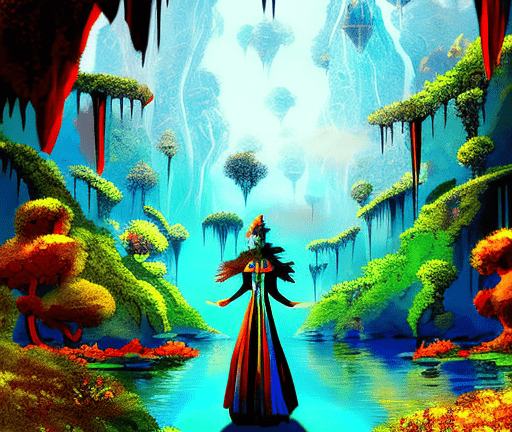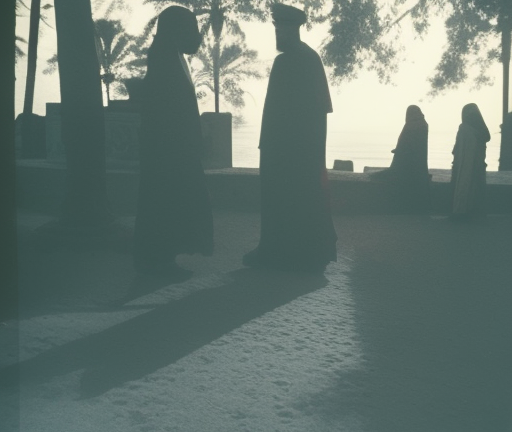The Last of the Really Great Whangdoodles Summary
‘The Last of the Really Great Whangdoodles’ is a whimsical children’s book about a group of siblings who embark on a magical adventure to find and save a mythical creature.
Extravehicular Activity Explained
Extravehicular activity refers to the scientific and technological practice of humans venturing outside their spacecraft in space.
The Marshall Plan (1948) Explained
The Marshall Plan was a US initiative to provide economic aid to war-torn Europe after World War II.
The Rule of One Summary
The Rule of One” by Ashley Saunders is a dystopian novel set in a future where a strict one-child policy is enforced, following the lives of identical twin sisters who must hide their existence.
The Ottoman Empire’s peak under Suleiman the Magnificent Explained
The Ottoman Empire reached its pinnacle of power and influence during the reign of Suleiman the Magnificent.
Zen Shorts Summary
‘Zen Shorts’ by Jon J. Muth is a children’s book that imparts timeless wisdom through the teachings of a wise panda named Stillwater.
The Killer Summary
A skilled assassin forms an unexpected bond with a woman he accidentally blinded during a hit.
The Travels of Ibn Battuta Explained
The Travels of Ibn Battuta: A remarkable 14th-century journey documenting the adventures and observations of the renowned Moroccan explorer.
The Map That Changed the World: William Smith and the Birth of Modern Geology Summary
The Map That Changed the World” by Simon Winchester tells the captivating story of William Smith and his groundbreaking geological map that revolutionized the field of geology.
Rocket Propulsion Explained
Rocket propulsion is the science and technology of propelling rockets through the expulsion of high-speed exhaust gases.
Effi Briest Summary
Effi Briest” by Theodor Fontane is a tragic novel that explores the consequences of societal expectations and the limitations placed on women in 19th century Germany.
The Delhi Sultanate Explained
The Delhi Sultanate was a medieval Muslim kingdom that ruled over parts of India from the 13th to the 16th century.




















